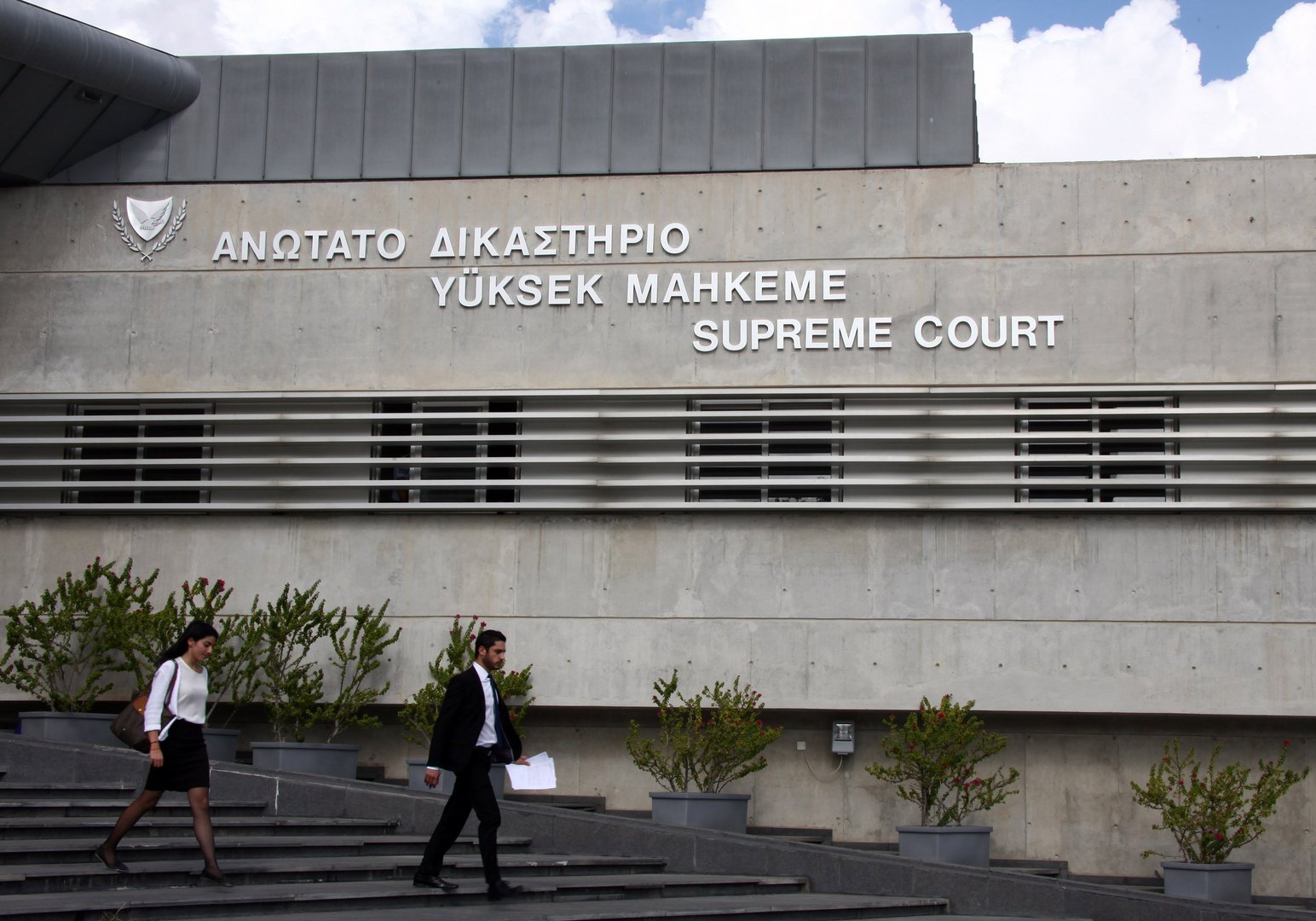Cyprus is one of ten countries which fully implemented recommendations by the group of states against corruption (GRECO) of the Council of Europe where judges are concerned, though the country still lags behind efforts for MPs and prosecutors.
The findings were detailed in the GRECO annual report for 2023 presented in Brussels.
In its fourth evaluation round, GRECO identified four recommendations to prevent corruption in respect of judges:
- The integrity requirement for appointment as a judge should be guided by precise and objective criteria which are to be checked before appointment/promotion, and such criteria should be made available to the public.
- The composition of the Supreme Council of Judicature should be subject to a reflection process considering its representation within the judiciary as a means of preventing potential or perceived situations of conflicts of interest within the Council.
- A code of ethics/conduct should be elaborated on the basis of broad involvement of various members of the judiciary, in order to manifest and develop standards that are commonly aimed at particular functions of judges, offering guidance in respect of areas such as conflicts of interest and other integrity related matters (e.g. gifts, side activities, recusal, third party contacts, handling of confidential information).
- Dedicated training of judges in respect of judicial ethics, conflicts of interest and corruption prevention should be introduced as a well-defined part of the induction training of newly recruited judges and provided at regular intervals in the form of dedicated in-service training of judges, based on existing provisions and practice as well as yet-to-be-established ethical guidelines and European standards.
GRECO’s 2023 report says Cyprus has fully implemented 75 per cent of recommendations regarding prosecutors, but just 25 per cent of recommendations regarding MPs.
For MPs, the recommendations include preventative measures over conflicts of interests and public transparency, including for gifts, remuneration and benefits.
Overall, when it comes to all three categories of officials, Cyprus has fully implemented 56.3 per cent, partly implemented 37.5 per cent, and has not implemented 6.3 per cent of therecommendations.
Across the EU, according to GRECO´s published reports as of 31 December 2023, the 47 member states evaluated had fully implemented 54.4 per cent of the recommendations in respect of parliamentarians, judges and prosecutors, partly implemented 30.7 per cent of the recommendations, and not implemented 14.9 per cent of the recommendations.
Eight countries were subject to GRECO’s 4th evaluation round non-compliance procedure for their low level of implementation of its recommendations in the three categories by the end of 2023: Austria, Bosnia and Herzegovina, the Czech Republic, Denmark, the Republic of Moldova, Poland, Portugal and Turkey.
Finland and Norway were the only two countries to have fully implemented all of GRECO´s recommendations.
When it came to recommendations on judges, as of 31 December 2023, the 47 member states evaluated had fully implemented 56.9 per cent, partly implemented 29.6 per cent of the recommendations, and not implemented 13.5 per cent.
Ten countries had fully implemented all recommendations regarding judges: Cyprus, Denmark, Finland, Latvia, Lithuania, Luxembourg, Norway, Serbia, Sweden and the USA.
On prosecutors, as of the end of 2023, the 47 member states evaluated had fully implemented 64.8 per cent of the recommendations, partly implemented 25.1 per cent of the recommendations, and not implemented 10.1 per cent.
Cyprus fully implemented 75 per cent of these recommendations, and did not implement at all 25 per cent of these.
Regarding recommendations for MPs, at the end of 2023, the 47 member states evaluated had fully implemented 43.2 per cent of the recommendations concerning MPs, partly implemented 36.5 per cent of the recommendations, and not implemented 20.3 per cent of the recommendations.
Cyprus fully implemented 25 per cent of these recommendations, and partly implemented 75 per cent.






Click here to change your cookie preferences